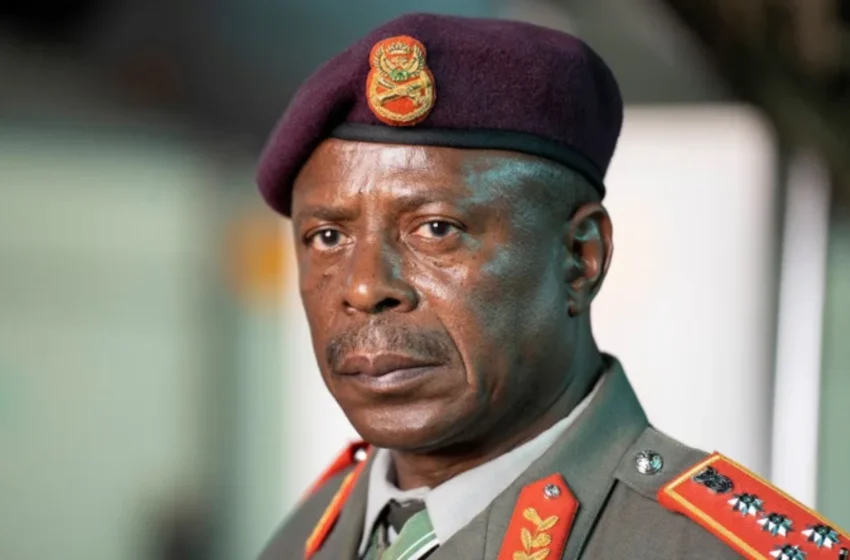SA’s general Rudzani Maphwanya under fire after controversial Iran statements

General Rudzani Maphwanya
South Africa’s political landscape has been rattled by a high-profile diplomatic row involving the Chief of the South African National Defence Force (SANDF), General Rudzani Maphwanya.
During an official visit to Iran, General Maphwanya reportedly went well beyond the bounds of standard military-to-military engagement, making political statements that have ignited criticism at home and abroad. According to Iranian publication Tehran Times, the general pledged “common goals” with Iran, expressed solidarity with “the oppressed and defenceless people of the world”, condemned Israel over the war in Gaza, and reiterated support for the Palestinian cause. He even described his trip as carrying “a political message” from President Cyril Ramaphosa’s administration.
The South African government, however, quickly distanced itself from these remarks. The Department of Defence called them “unfortunate”, while the Department of International Relations and Cooperation stressed that they do not reflect official policy. Presidential spokesperson Vincent Magwenya went further, confirming that President Ramaphosa was unaware of the trip and had not authorised it.
“The visit was ill-advised and more so, the expectation is that the general should have been a lot more circumspect with the comments he makes,” Magwenya told journalists.
Domestic Backlash and Calls for a Court-Martial
The Democratic Alliance (DA), a key partner in South Africa’s governing coalition, has taken a hard line. The party has accused General Maphwanya of a “flagrant breach” of the SANDF Code of Conduct, which requires strict political neutrality from serving officers. DA defence spokesperson Chris Hattingh MP has formally demanded the general’s immediate court-martial, arguing that his conduct undermines both the Constitution and civilian oversight of the military.
Hattingh also linked the incident to a wider “pattern of foreign policy adventurism” by the government, warning that South Africa’s increasingly close ties with sanctioned regimes are harming trade, investment, and strategic partnerships with democratic allies. The DA insists that only strong disciplinary action will restore the SANDF’s apolitical standing.
Read also: South Africa Navy faces crisis: Vice Admiral warns of Treasury ‘sabotage’
A Sensitive International Context
General Maphwanya’s comments land at a particularly sensitive moment in South Africa’s foreign relations. Ties with the United States have already been strained this year, partly due to Pretoria’s engagement with Tehran. Earlier in 2025, former US President Donald Trump, in an executive order cutting off aid to South Africa, accused the Ramaphosa administration of “reinvigorating” relations with Iran, persecuting white South Africans, and pursuing a genocide case against Israel at the International Court of Justice — accusations widely rejected by Pretoria.
South Africa’s relationship with Iran is not new; it dates back to a joint commission of cooperation established in 1995. But recent geopolitical shifts have made the partnership more contentious, especially with the West.
The Road Ahead
President Ramaphosa has confirmed that he will meet General Maphwanya to discuss the matter. For now, the general has returned home, but the political and diplomatic fallout continues.
Whether this episode results in a formal court-martial or a quieter internal reprimand, it underscores the fragile balance between South Africa’s military leadership, its foreign policy, and its international alliances. As Pretoria navigates the pressures of global diplomacy, the incident raises a key question: can South Africa pursue an independent foreign policy without alienating strategic partners — and without its own generals becoming political liabilities?

